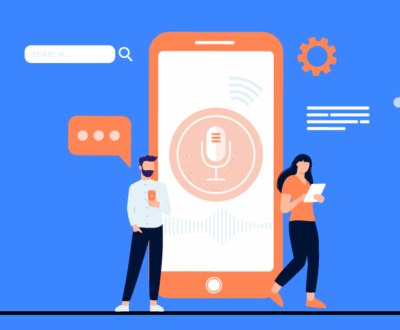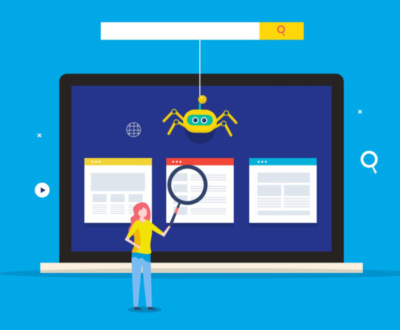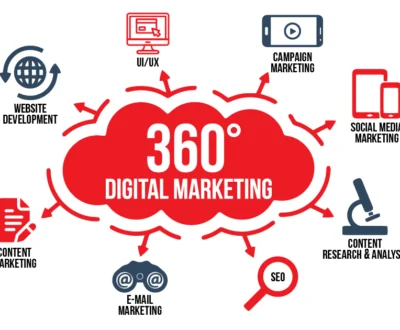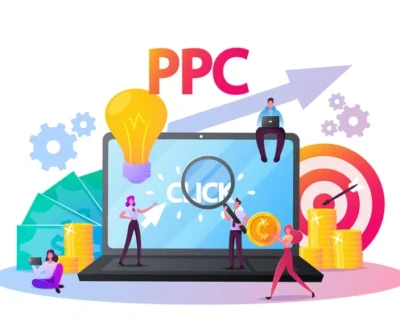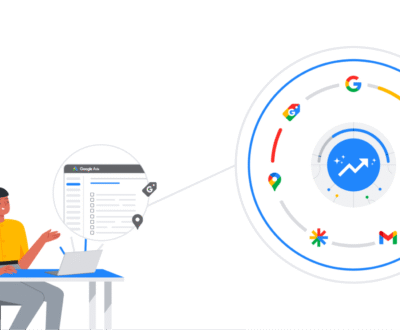The Cost Of Advertising On Facebook
- June 13, 2020
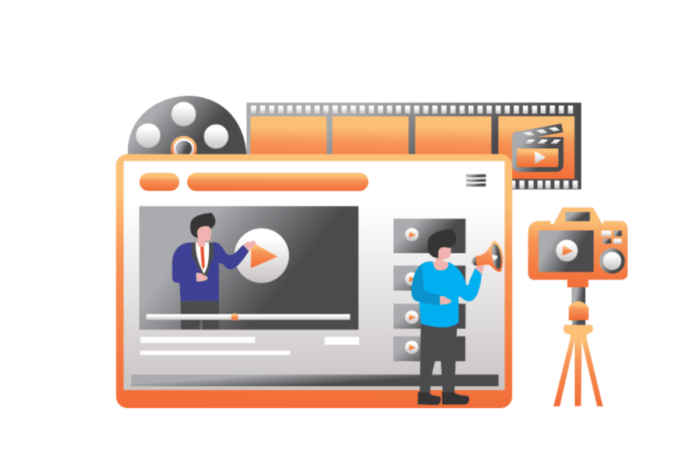
Even with more than 7 million advertisers on Facebook, you have a chance to get your ad visible to at least 4000 people with a spend as low as $1. Facebook offers a unique opportunity in showing your ad to more people than TV or radio could manage and at cheaper costs. They average around $0.25 per 1000 impressions which is even cheaper than Google Ads!
What really sets Facebook advertising apart from other platforms is the enormity of it’s audience and the availability of information about your target audience. Facebook ad management would give you detailed insights on the demographic information ( like age, gender, marital status, work, ethnicity), likes and preferences (in movies, games, superhero characters), industry they engage with (automobile, tourism, beauty, business) and much more. When you create an ad on Facebook, the algorithm essentially allows your audience to find you. Relevance matters more than the amount of bids you put.
So, Whether it’s $100, $500, $1000 or $30,000, no matter how much you have, you will waste it all if you do not understand how Facebook ads work. If you do not have a solid strategy in place that is optimally monitored and optimized as required, you will be shooting a hole in your pocket.
There’s two ways you can set up a bid on Facebook – Daily budget or a lifetime budget. Daily budget involves deciding upon a particular budget that is spent on a daily basis, and the lifetime budget is the amount which is used till your advertisement lasts. Like say you decide the lifetime to be 3 weeks and the budget to be $50. So that amount stays till the lifetime of the ad.
You basically get to choose what you’ll pay for. Whether it’s likes, downloads, clicks, or a view. You can add creative video, images, anything that suits. Since there are multiple competitors you are bidding against, there will always be a change in the cost. A good bidding strategy will allow you to increase your competitiveness at lower costs while keeping the target audience engaged with your brand.
To frame a good relevant bidding strategy, let’s first understand the Factors associated in determining the exact cost of your ads:
Audience – As we mentioned, the audience plays a huge role in determining the nature of your advertisement. If you have a specific target audience to target your advertisements to, the fb algorithm will sooner consider it ‘highly relevant’ and decrease the costs of your ad. If you do not know who your target audience is, you can tap into the recent purchasing behavior of people on fb, use lookalike targeting option and do A/B testing experiment by creating two different sets of groups and testing out what works the best. Facebook ad insights give you detailed information about the type and amount of engagement your ad has with people.
Ad quality and relevance – Our brain responds faster to images rather than words therefore having high quality, relevant images will undoubtedly tempt more people to click on it. Facebook gives every ad a relevance score which ranges from 1 to 10. You should aim at scoring at least above 8 to see a significant decrease in the amount to be spent. The relevance is determined by its engagement ranking, quality, conversions it brings the review customers provide.
Time and Location – If there are more competitors, the cost of your ad goes up. So if you are creating an advertisement during a festival like thanksgiving, blackfriday, easter, diwali or during public holidays like cyber monday, labour day mother’s day, valentine’s day – , you will have to pay more. In certain cases, even the specific hour of the day when the competition peaks, the cost goes up. Location is also an important determinant of the cost you pay. Your ad would cost you differently if you are targeting people based in the US, Canada or Asia – CPC for Australia is the highest while that of taiwan is the lowest. Cost per like for Germany is more than that of mexico.
Placement – When you advertise with facebook, you can place your ad on the facebook manager, right column, stories, news feed, instagram or on other mobile and app networks that people use. If you let facebook do the automatic placement, they will place your ad just about everywhere which might end up costing you more money. On the other hand, if you are sure about placing your ad, say in the news feed, when people scroll, you can edit the placement option and choose your preferences manually. But you must also remember that if you pick a place like the news feed which is bound to have more competition, the cost of your ad rises.
Ad Bid – The bids basically tell the algorithms about how much are you willing to spend on making the advertisement. For this, you are asked to select a budget (which like previously mentioned, could be a daily spend amount or an amount that is to be used for the lifetime of your ad), then you set a goal for the campaign – do you wish to earn more likes, clicks, impressions (based on your preference fb will show your ad to people who are most likely to engage in such action) and then you are charged based on either clicks or the amount of impressions your ad makes.
The advertising space for Facebook is not won by merely having a higher budget to spend. They value ‘relevance’ the most and will give your ads a ranking for the same by considering factors like the response from your audience, the organic engagement it generates, the quality and the bidding amount. Even though there isn’t a conversion, fb ads can benefit by creating brand awareness, increasing engagement or simply increasing your reach. To start you off, Facebook also has several ‘guide to bid strategies’ that talks about different bidding strategies, their advantages, disadvantages and the situations in which you can use them. It will help you better understand the impact of your overall campaign performance.


